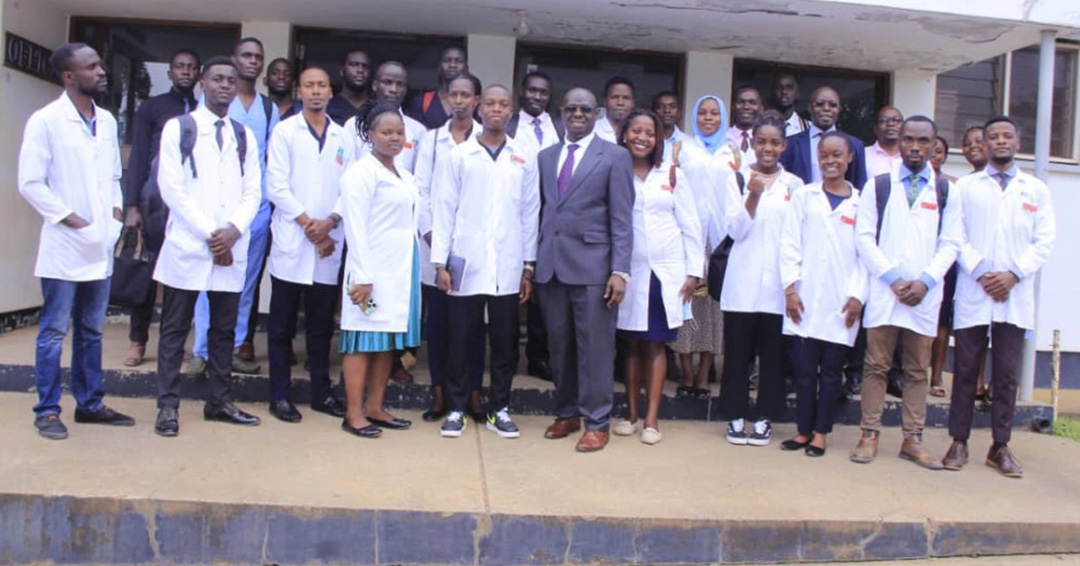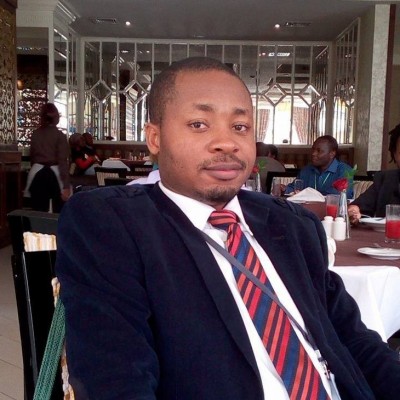
Sep
KIU Teaching Hospital Strengthens Partnership With Kitagata General Hospital
September 5, 2024, 9:40 am
 Obinna Osigwe
Obinna Osigwe
By Owiny Hakim
Democracy is often viewed as a political system, but it is more than that. It is a cultural and social maturity mindset that recognizes the value of collective decision-making and agrees to govern themselves through a system of representation and rule of law.
This social achievement can only be attained and sustained when community members prioritize the common good and actively participate in building systems that sustain community goals. However, we must hesitate to perceive democracy as just a political system. It reflects society's emotional maturity, intelligence, empathy, and willingness to collaborate. And it is a continuous process that requires effort and commitment from all members of society.
When we think of democracy, we often focus on its political aspects, such as elections, parliaments, and laws. However, this narrow perspective overlooks the social and emotional foundations that underpin democratic systems.
The overemphasis on political institutions can lead us to neglect the importance of social cohesion and trust in making democracy work. Moreover, the role of emotional intelligence and empathy in sustaining democracy is often underestimated.
Democratic participation requires understanding and respecting differing perspectives, which is a hallmark of emotional intelligence. When we fail to recognize this, we risk creating a society that values individual interests over collective well-being.
Furthermore, democracy is often viewed as a static institution rather than a continuous process. This neglects the ongoing effort required to maintain and strengthen democratic systems.
For Democratic communities, it serves their interests well when they view democracy as a dynamic process and work together towards creating a more inclusive and participatory system that truly and inclusively represents the appeals of the people.
In practice, we need to realise democracy as a continuous process that requires ongoing effort and commitment from all members of society in every way.
By acknowledging and addressing these social and emotional underpinnings, we can work towards creating a perpetual democratic system that sparks prosperity, stability and security.
Kampala International University,
Box 20000, Ggaba Road, Kansanga, Kampala
+256-760 502660
+256-700 100808